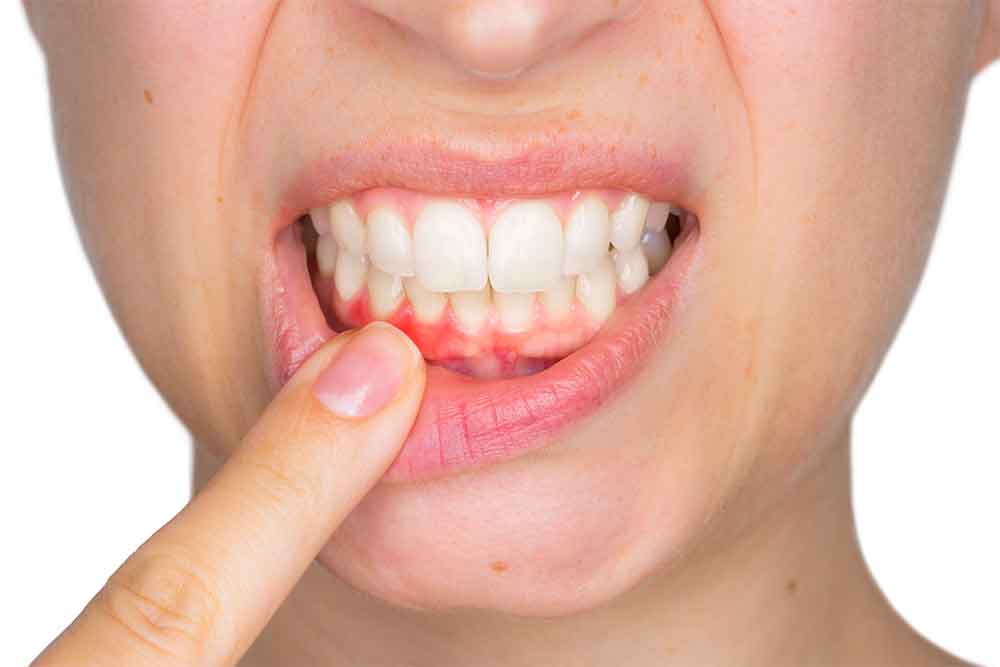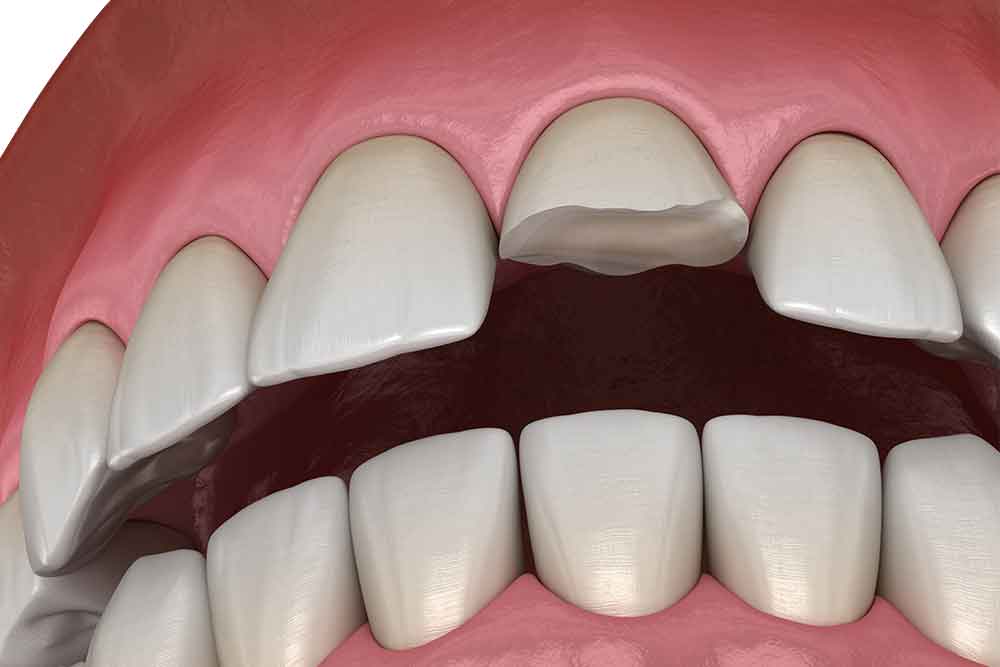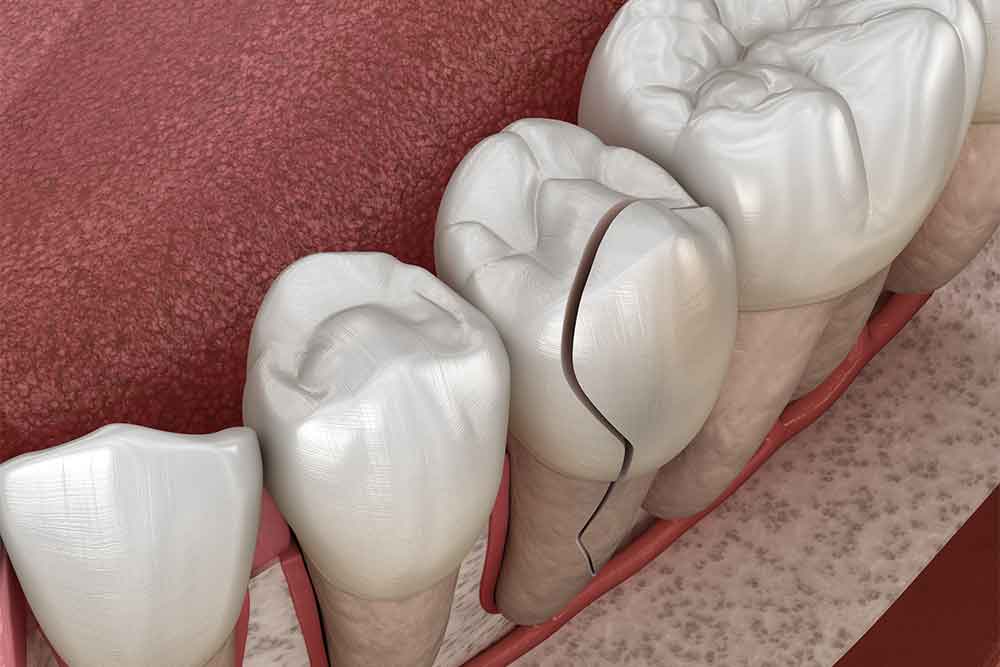A dental emergency can happen to children, teens, adults, or elderly patients. Simply put, patients experiencing pain, swelling, or uncontrollable bleeding of soft tissue around your mouth, should contact the dentist. Most importantly, urgent dental care such as trauma may require patients to get to the dentist’s office within 30-60 minutes.
Dentists can alleviate the burden on hospital emergency rooms, by treating non-life threatening dental care. When you experience an injury to your mouth, including your teeth and jaw that are not life-threatening, you should visit our Ridgeland office. If you experience dental trauma and your injuries are not life-threatening, your first call should be to the dentist.
According to the American Dental Association “Concentrating on emergency dental care will allow us to care for our emergency patients and alleviate the burden that dental emergencies would place on hospital emergency departments.”
A dental emergency focuses on the management of dental conditions that require immediate treatment. Generally, urgent dental care is needed to relieve a patient from ongoing pain or risk to infection. Undoubtedly, your dentist can alleviate the burden on hospital emergency departments.
Patients need a dentist that they can call when they feel discomfort. Our Ridgeland dentist suggests that you call anytime you feel discomfort. Every situation is unique.
A laceration to the gums may cause bleeding of the soft tissues. Contact your dentist to stop ongoing tissue bleeding, alleviate severe pain or infection, and include:
Emergency dental procedures are unplanned treatments to provide relief for patients who are in pain. Urgent dental care may be invasive or minimally invasive, depending on what is needed to alleviate the pain. Examples of urgent dental care treatments, include:
A tooth abscess may require urgent dental care from an experienced dentist. The bacterial infection from a tooth abscess can cause swelling of the face as your body attempts to contain the infection. Often, patients experience a constant toothache, fever, swelling of the face, gums, or jaw, foul smelling breath, and pain when chewing. If the abscess begins to drain pus, patients may experience a foul taste in the mouth.
A tooth abscess will not heal without treatment from a qualified dentist. Even worse, the infection can spread to the jaw bone, head and neck. In turn, a patient could experience difficulty breathing. We encourage you to call our Ridgleland dental office sooner, rather than later for treatment.


A fractured tooth has a wide range of severity. A minor tooth fracture includes the chipping of enamel. Deeper fractures are more serious, and can cause a multitude of issues. It is important to note that a tooth fracture can occur beneath the gumline, not visible to the naked eye.
Experienced dentists with advanced digital technology can see if a tooth is broken beneath the gums. A broken tooth above the gum line can cause the root of a tooth to die. The sooner a patient gets to the dentist, the higher the chance of saving their natural teeth.
A cracked tooth is more common than most people realize. Sometimes, patients have brittle teeth that will crack for a miriad of reasons. Trauma can cause cracks in teeth, sometimes called craze lines. Often, large dental fillings that weaken the tooth over time.
The small cracks that occur in patients teeth everyday can be treated before causing major damage. Often, small cracks are found by our dental team during a dental exam. Advanced digital dental technology, such as digital x-rays and our cone beam scanner, provide an in depth view of the teeth and gums.

The most common non-urgent procedures are dental cleanings and exams. By no means, are we saying that your visit to the dentist two times per year is not important. In short, a non-emergency dental procedure is not relieving pain in your mouth, nor is it life threatening. Non-urgent dental procedures include but are not limited to:
For dental emergencies only please fill out the form below or call our Ridgeland office at (601) 956-5410. If you are experiencing a medical or life-threatening emergency, please dial 9-1-1.